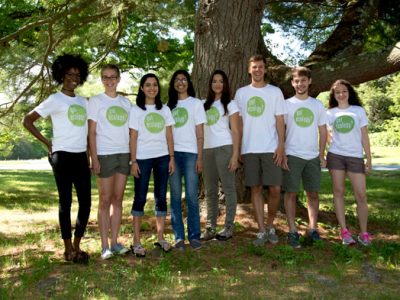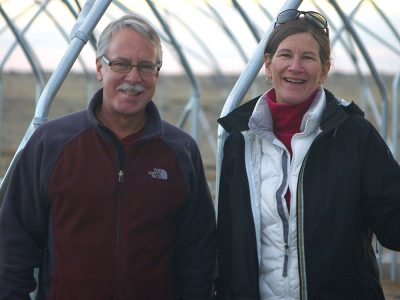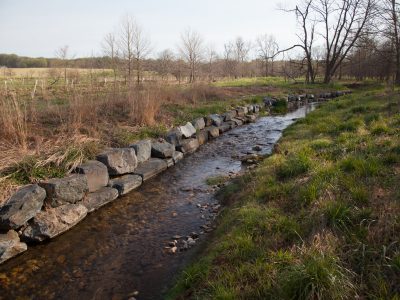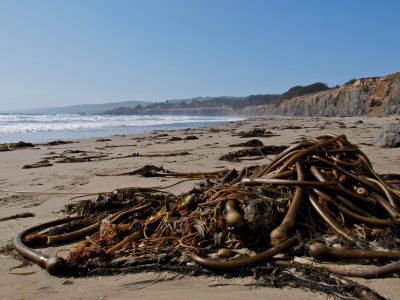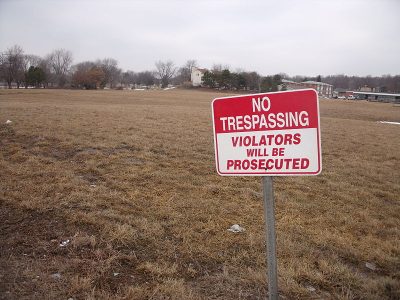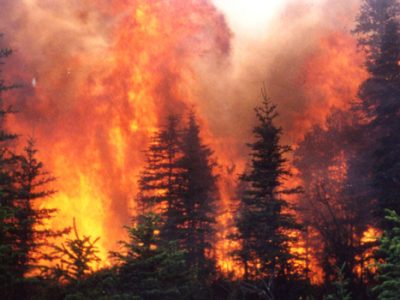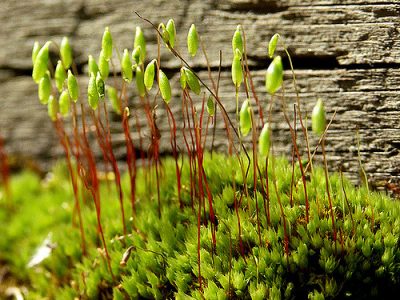Collaborative Solutions to Nitrogen Runoff
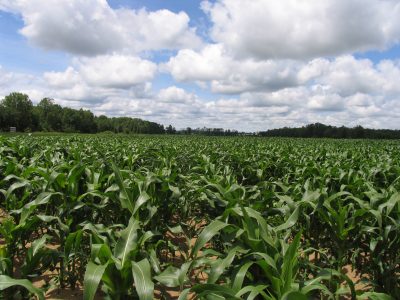
How do you begin to approach wicked problems, those that span socioeconomic and ecological spheres, when solutions involve multiple and varied stakeholders? Researchers at the Kellogg Biological Station LTER began to tackle one of U.S. agriculture’s greatest challenges, excess nitrogen pollution, by hosting “The N Roundtable,” to improve the flow of information through a farming landscape that has changed dramatically in the past few decades.

